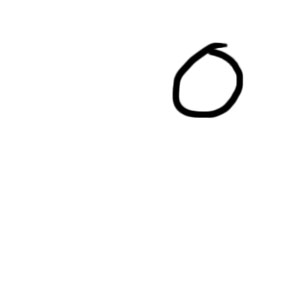top of page

Marielis Garcia
Teaching, like dance, must be multilayered. I see the role of the teacher as someone who can engage students intellectually, physically, and emotionally. I am less interested in the transmission of information through replication and am more interested in connecting students to a holistic approach, inviting them to engage with the material through curiosity and self awareness. I enjoy the process of stepping into the room and sharing dance ideas, getting students excited, rigorously invested, and euphorically exhausted.
Enghauser’s The Quest for an Ecosomatic Approach to Dance Pedagogy has influenced my approach to leading a room through movement. Important aspects of this work include, awareness of sensing from the inside out, experimentation, the sociocultural context of various bodies, a non-authoritarian facilitation, and supporting students in the development of their artistic voice.
Inspired by Risner & Anderson’s Digital Dance Literacy, I believe in the 21st century approach of using technology as an educational tool. Given the temporality of movement, video can serve students as a form of self reflection.
John Holt’s How Children Fail, Herb Kohl’s I Won’t Learn From You, and bell hook’s Teaching to Transgress are works that had a profound effect on the way I go about creating an instructional environment. These books helped me to consider what student-centered learning requires in order to be successful in a diverse, higher-education setting. Holt’s description of the transformation of curiosity into conformity within the educational institution has guided me to focus on intrinsic motivation and student-led inquiry . Kohl’s exploration of resistance in the classroom moved me to consider how best to inspire students out of inaction, fear, or determined distaste, and hooks has provided a lens for reflection on power dynamics in the classroom as I have worked to create spaces for students to consider and critique the works they encounter in my courses.
I want to teach my students to be intelligent interpreters of movement, and self possessed in their choices. I believe dance teachers must be generous when physically demonstrating movement and clear when verbally articulating movement concepts and ideas. I gain students' trust by being consistent (prepared for class), patient (giving students space and time to consider their approach to a phrase) and interested in their thoughts (by listening and responding). I am compassionate and committed to process, I hold everyone to a clearly communicated high standard, and I strive to help each student reach a higher level of physical and cognitive refinement.
As an Educator

University of North Carolina Greensboro School of Dance
Assistant Professor of Dance
2023- present
University of Maryland, School of Theater, Dance and Performance Studies
Artist in Residence
2020- 2023
Rutgers Mason Gross School of the Arts
2016- 2018
Howard Community College
2018
University of North Carolina School of the Arts
2017
Salem College
2016
The Leadership Program, NY
2008 - Present
Dance Art Creative Center, NJ
2008 - Present
Howard Community College
2016
Appalachian State University
2009 & 2015
Steps on Broadway
2010- Present
bottom of page
